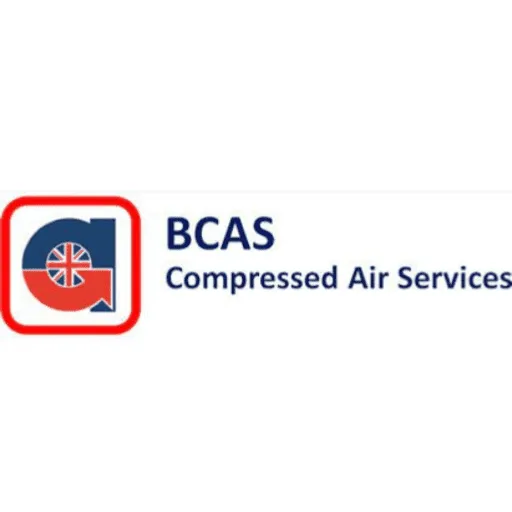
A settlement agreement is where an employee gives up their right to bring legal action against their employer at the end of their employment, usually in exchange for payment.
Once an agreement has been reached, the employee has officially given up their right to bring a case against you in an employment tribunal.
It’s a useful option for many employers who are considering redundancy, for two reasons:
1. It protects the business
2. It also settles the end of the employee’s time in your employment, while still giving them something.
But before we go any further, let’s rewind and ask the key question:
What is Redundancy?
When the needs of the employer have changed, you might consider redundancy.
Maybe work has dropped off.
Maybe you’ve lost a big client.
Maybe what you want from the business has changed.
Whatever the reason, redundancy is a way of ending that employee’s relationship with the business.
One of the main concerns for many businesses going down the redundancy route is how they can end their relationship with an employee in the best way possible.
Nobody wants to end on bad terms, really.
Any employer that finds themselves in a situation where redundancy is on the cards MUST ensure a fair redundancy process before any final decisions are made.
That process includes:
• Applying fair selection criteria.
• Consulting with employees.
• Explaining the reasons for redundancy.
• Exploring alternative options (if there are any).
• Allowing employees to appeal against their redundancy.
We know that redundancy is a difficult situation for employers to deal with – it’s something we’ve got bags of experience in, and we’re very successful at helping our clients through it.
Should I Offer A Settlement Agreement?
We’re going to give that answer that everybody hates…
It depends.
In most cases, it’s worth considering offering a settlement agreement, though.
The redundancy process can be time-consuming, and it’ll eat up your time AND money. And – let’s be honest – you’d rather spend more of both of those on your business and personal life.
It also puts an official end to the end of their employment with you. Once the settlement agreement is finalised, everything’s done, and you don’t have to worry about anything nasty down the line.
In our experience, most employees are motivated by:
1. Financial incentives
2. A certain future.
Most people just want a fair process and to move on to whatever’s next for them, and a settlement agreement can represent a quick and final way of doing that.
The positives of a settlement agreement work both ways:
• The employee gets more money.
• The employer wastes less time on the process.
Avoiding a long redundancy process is clearly attractive – typically the longer the process goes on, the nastier it gets.
But it’ll depend on the circumstances.
What you should know that an employee doesn’t have to accept the settlement agreement.
Yep, any employee is within their rights to refuse a settlement agreement offer, for any reason.
If that happens, the employer can push ahead with the redundancy process as we outlined earlier.
Throughout the process, having HR on your side is invaluable – protecting you when you need it most.
The redundancy process and any settlement agreements must be carried out fairly and properly.
And the risk if they aren’t?
Legal action.
Why would an employee accept a settlement agreement?
There are plenty of reasons why an employee might be better off accepting a settlement agreement that going down any other legal route:
1. Their case at tribunal might not be very strong
2. They’re like to get more from a settlement agreement than through redundancy
3. They just want to move on, and an agreement draws a line under things quickly
4. They don’t want to fall out
Drafting a legal settlement agreement
As with most things related to employment law, trying to draft your own settlement agreement is a big mistake.
The law changes regularly, and your agreement will need specific wording to ensure that it’s watertight.
As a result, using Google to find a template and expecting that to do a job is not a smart move – you need to talk to an employment law specialist or suffer the consequences.
Need Help with any HR or employment law issues, whether it’s redundancy, settlement agreements, or anything else? Give us a call on 01491 598 600 or drop us an email at cw@gaphr.co.uk and we’ll be delighted to help you.
























































































































